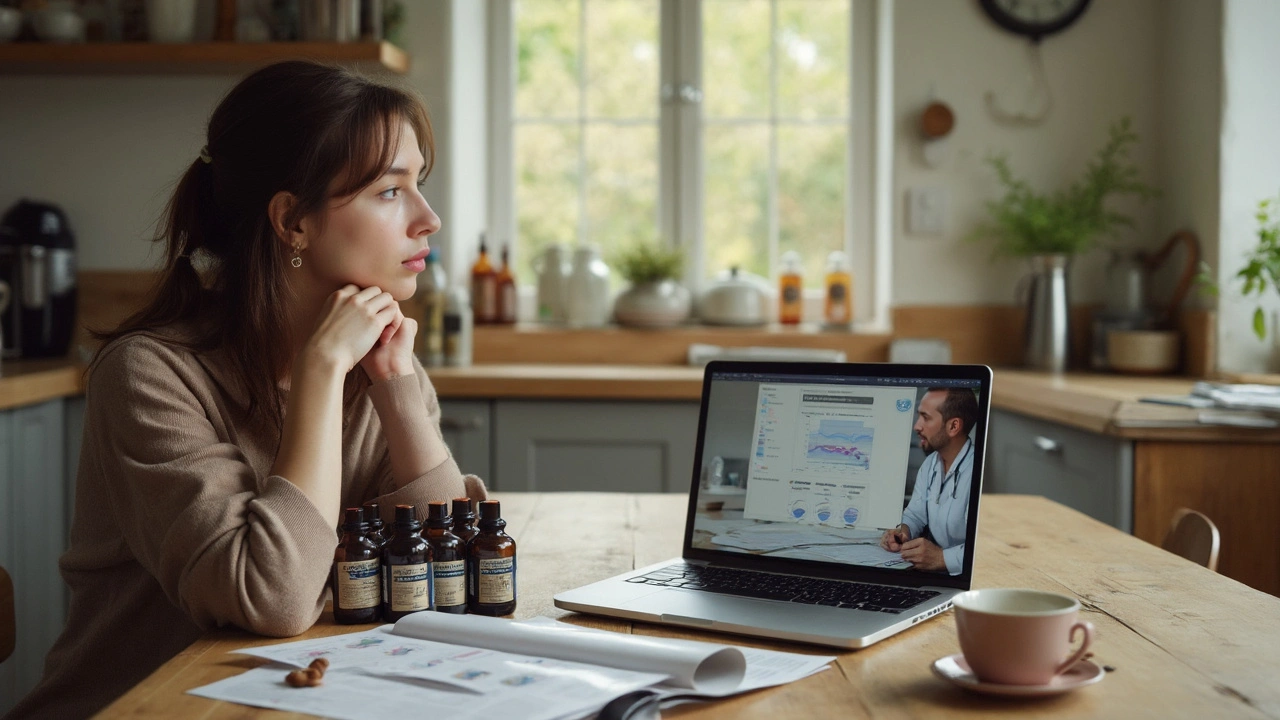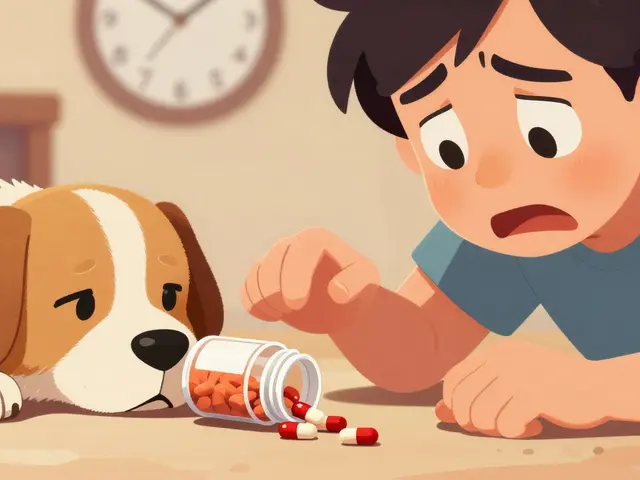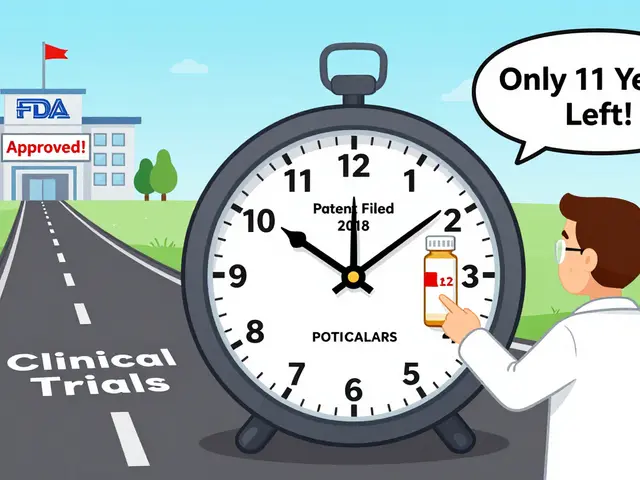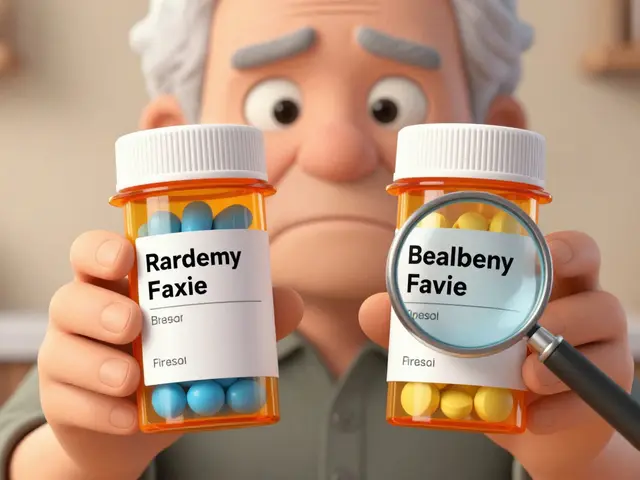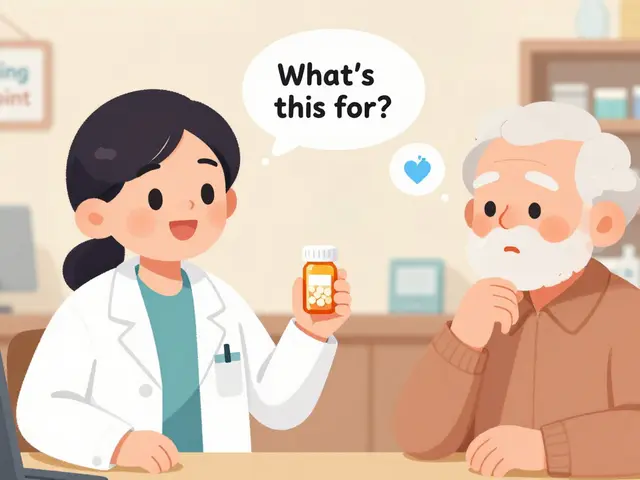Liver toxicity: what to watch for and how to protect your liver
Your liver does a lot — it clears medicines, breaks down alcohol, and handles filtered waste. Liver toxicity happens when that workload or certain chemicals damage liver cells. It can be sudden (acute) or build up over months (chronic). Spotting it early makes a big difference.
Common causes are medicines like acetaminophen in high doses, some antibiotics, anti-seizure drugs, statins, and certain antifungals. Supplements and herbal products — for example high-dose green tea extract or kava — can also hurt the liver. Alcohol plus drugs raises the risk. In some cases, infections like hepatitis cause similar damage.
Symptoms that mean see a doctor now
Watch for jaundice (yellow skin or eyes), dark urine, pale stools, unexplained fatigue, nausea, stomach pain on the right side, itching, or easy bruising. These are warning signs. If you have any of them after starting a new drug or supplement, stop it and contact a healthcare provider immediately. Don’t assume mild nausea is nothing — get checked if symptoms persist.
Doctors usually check liver enzymes with a blood test (ALT, AST, ALP, bilirubin). High numbers don’t always match how you feel, but trends matter. If tests look bad, your doctor may stop the suspected drug, order imaging, or refer you to a liver specialist.
Practical steps to reduce your risk
Always read dosing instructions and never exceed the recommended amount of acetaminophen. Tell your prescriber about every prescription, OTC drug, and supplement you take. Ask whether liver monitoring is recommended, especially if you take long-term medicines like statins, methotrexate, or some antivirals.
Avoid alcohol while on potentially liver-harming meds. If you buy medicines online, use trusted pharmacies and read reviews—this site has posts about online pharmacies and drug safety that can help you pick reliable vendors. Be wary of products that promise quick fixes or “natural” cures; natural doesn’t mean safe.
For people on long-term treatment, track symptoms and labs. Keep a list of your meds and doses. If you must stop a drug suddenly, check with a clinician first—some drugs need tapering. If a medicine caused liver injury in the past, make sure every provider knows so the same drug isn’t given again.
Finally, lifestyle changes protect your liver: maintain a healthy weight, avoid binge drinking, get vaccinated for hepatitis A and B if needed, and treat viral hepatitis promptly. If you have chronic liver disease, work closely with your clinician before starting any new medicine or supplement.
Need more on specific drugs and liver risk? Read our guides on Lipitor and statins, antifungals like fluconazole, and articles about steroids and supplements to see which products carry higher risk and what monitoring looks like.
Quick checklist: tell your doctor about alcohol use, previous liver tests, family history of liver disease, and any herbal pills. Bring a list of your symptoms including fatigue, dark urine, and itching. Seek emergency care for severe abdominal pain, vomiting, confusion, or yellowing that spreads. Early action often prevents permanent damage. Act promptly.
Black Seed Supplement Dangers: Liver Risks, Drug Interactions, and Safe Dosage Explained
Exploring the hidden risks of black seed supplements, this article sheds light on liver toxicity, potential drug interactions, and how to find the right daily limit for safety. Practical tips and real facts reveal what manufacturers usually leave out. Discover what happens when you overdo it and learn to use black seed safely for your well-being.
Read More